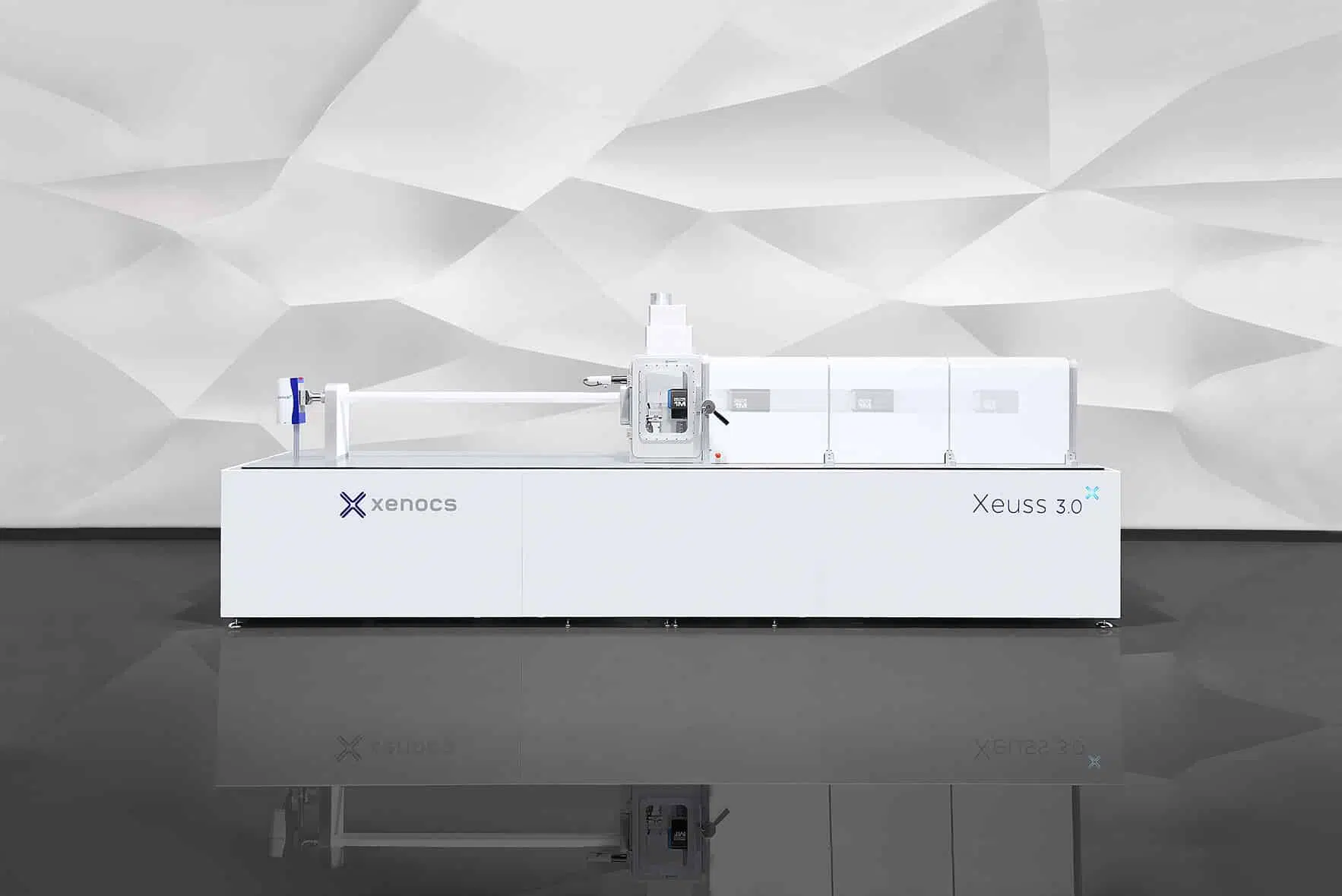Speder, Jozsef; Zana, Alessandro; Spanos, Ioannis; Kirkensgaard, Jacob JK; Mortensen, Kell; Hanzlik, Marianne; Arenz, Matthias
Comparative degradation study of carbon supported proton exchange membrane fuel cell electrocatalysts–The influence of the platinum to carbon ratio on the degradation rate
Journal of Power Sources, 2014, vol 261pp. 14–22 DOI: Visit the full article Back to the overview
The particle proximity effect: from model to high surface area fuel cell catalysts
Speder, Jozsef; Altmann, Lena; Bäumer, Marcus; Kirkensgaard, Jacob J. K.; Mortensen, Kell; Arenz, Matthias
In this work, Pt nanoparticles prepared by a colloidal method are supported on high surface area carbons. The electrocatalysts synthesized by this method have well-separated, size-controlled nanoparticles with tunable interparticle distance, and thus enable the examination of the particle proximity effect on the oxygen reduction reaction (ORR). The particle proximity…
Pt based PEMFC catalysts prepared from colloidal particle suspensions – a toolbox for model studies
Speder, Jozsef; Altmann, Lena; Roefzaad, Melanie; Bäumer, Marcus; Kirkensgaard, Jacob J. K.; Mortensen, Kell; Arenz, Matthias
A colloidal synthesis approach is presented that allows systematic studies of the properties of supported proton exchange membrane fuel cell (PEMFC) catalysts. The applied synthesis route is based on the preparation of monodisperse nanoparticles in the absence of strong binding organic stabilizing agents. No temperature post-treatment of the catalyst is…
Effect of cream cooling rate and water content on butter microstructure during four weeks of storage
Rønholt, Stine; Kirkensgaard, Jacob Judas Kain; Mortensen, Kell; Knudsen, Jes Christian
Food Hydrocolloids, 2014, vol 34pp. 169–176DOI:Visit the full articleBack to the overview
Structure and enzymatic accessibility of leaf and stem from wheat straw before and after hydrothermal pretreatment
Zhang, Heng; Thygesen, Lisbeth G.; Mortensen, Kell; Kádár, Zsófia; Lindedam, Jane; Jørgensen, Henning; Felby, Claus
Biotechnolgy for Biofuels, 2014, vol 7pp. 74DOI:Visit the full articleBack to the overview
The Effect of Capacity, Rotational Speed and Storage on Crystallization and Rheological Properties of Puff Pastry Butter
Rønholt, S.; Kirkensgaard, J. J. K.; Høyer, K. F.; Mortensen, K.; Knudsen, J. C.
In the margarine and butter industry, sustainable and more efficient refrigerants, such as CO2, are introduced to industrial scraped surface heat exchangers, allowing an increased capacity compared to conventional use of NH3. The effect of such changes in capacity and a varied rotational speed was studied in relation to the…
Polymorphism, microstructure and rheology of butter. Effects of cream heat treatment
Rønholt, Stine; Kirkensgaard, Jacob Judas Kain; Pedersen, Thomas Bæk; Mortensen, Kell; Knudsen, Jes Christian
Food chemistry, 2012, vol 135, 3, pp. 1730–1739DOI:Visit the full articleBack to the overview
Investigating the activity enhancement on Pt x Co 1- x alloys induced by a combined strain and ligand effect
Spanos, Ioannis; Kirkensgaard, Jacob JK; Mortensen, Kell; Arenz, Matthias
Journal of Power Sources, 2014, vol 245pp. 908–914DOI:Visit the full articleBack to the overview
Shear and Rapeseed Oil Addition Affect the Crystal Polymorphic Behavior of Milk Fat
Kaufmann, Niels; Kirkensgaard, Jacob J. K.; Andersen, Ulf; Wiking, Lars
The effect of shear on the crystallization kinetics of anhydrous milk fat (AMF) and blends with 20 and 30 % w/w added rapeseed oil (RO) was studied. Pulse 1H NMR was used to follow the α to β′ polymorphic transition. The NMR method was confirmed and supported by SAXS/WAXS experiments.…
Surface Chemistry of “Unprotected” Nanoparticles: A Spectroscopic Investigation on Colloidal Particles
Schrader, Imke; Warneke, Jonas; Neumann, Sarah; Grotheer, Sarah; Swane, Andreas Abildgaard; Kirkensgaard, Jacob J. K.; Arenz, Matthias; Kunz, Sebastian
The preparation of colloidal nanoparticles in alkaline ethylene glycol is a powerful approach for the preparation of model catalysts and ligand-functionalized nanoparticles. For these systems the term ?unprotected? nanoparticles has been established because no strongly binding stabilizers are required to achieve stable colloids. Irrespective of this fact, the particles must…


































